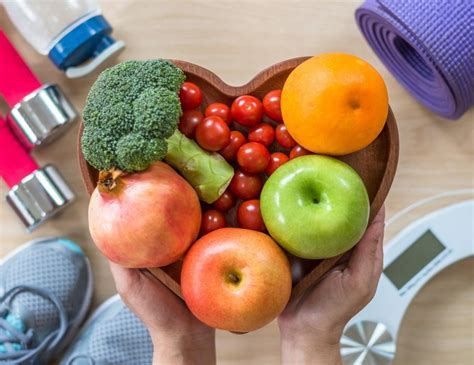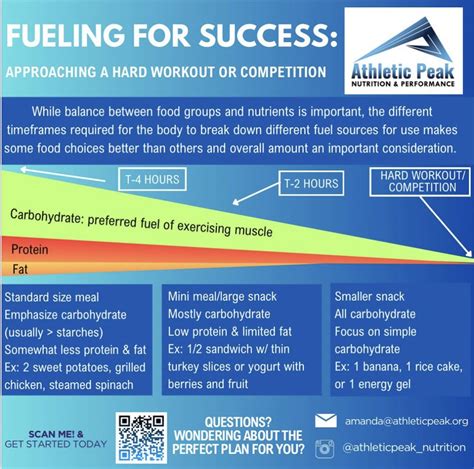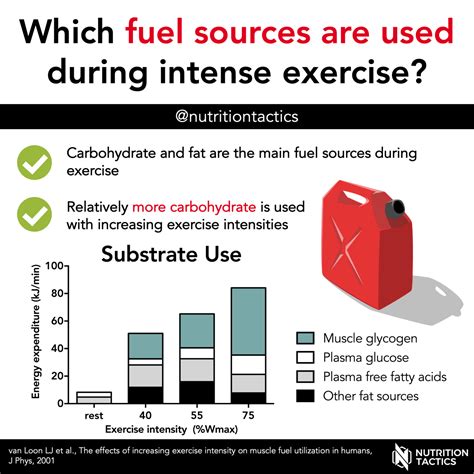As men age, particularly beyond 40, a natural decline in testosterone levels can occur, impacting energy, muscle mass, mood, and libido. While medical interventions exist, many men seek natural ways to support their hormonal health, and diet plays a pivotal role. By making informed food choices, it’s possible to create an environment conducive to healthy testosterone production.
Essential Micronutrients for Testosterone Support
Testosterone synthesis is a complex process that relies on a variety of vitamins and minerals. Prioritizing specific micronutrients can make a significant difference.
Zinc: The Mineral Kingpin
Zinc is crucial for testosterone production, and even mild deficiency can lead to lower levels. Foods rich in zinc include oysters (an exceptionally potent source), red meat, poultry, beans, nuts (like pumpkin seeds), and dairy products. Aim to include these regularly in your diet.
Vitamin D: The Sunshine Vitamin
Often referred to as a hormone due to its wide-ranging effects, Vitamin D is directly linked to testosterone levels. While sunlight exposure is a primary source, dietary sources like fatty fish (salmon, mackerel), fortified dairy, and eggs can help. Many men over 40 may benefit from supplementation, but consult a doctor first.
Magnesium: The Unsung Hero
Magnesium plays a role in hundreds of bodily functions, including hormone regulation. Studies suggest that magnesium supplementation can increase free and total testosterone levels, especially in physically active men. Spinach, almonds, avocados, and dark chocolate are excellent dietary sources.

Macronutrient Balance: Healthy Fats and Protein
Beyond micronutrients, the right balance of macronutrients—fats, proteins, and carbohydrates—is critical.
The Importance of Healthy Fats
Contrary to outdated advice, healthy fats are essential for hormone production, including testosterone. Monounsaturated fats (found in avocados, olive oil, nuts) and polyunsaturated fats (omega-3s from fatty fish, flaxseeds) should be prioritized. Cholesterol, often demonized, is a precursor to testosterone, so consuming healthy sources in moderation (like egg yolks) is beneficial. Avoid trans fats entirely.
Adequate Protein Intake
Protein is vital for muscle maintenance and growth, which indirectly supports healthy testosterone levels as muscle mass is correlated with higher testosterone. Lean protein sources such as chicken breast, turkey, fish, lean beef, eggs, and plant-based options like lentils and beans should be a cornerstone of your diet. Aim for 0.7-1 gram of protein per pound of body weight, especially if you’re active.

Foods to Prioritize and Those to Limit
Your daily food choices can either nurture or hinder your body’s ability to produce testosterone.
Cruciferous Vegetables: Estrogen Modulators
Vegetables like broccoli, cauliflower, Brussels sprouts, and kale contain indole-3-carbinol (I3C), which helps the body metabolize and excrete excess estrogen. While estrogen is necessary, an imbalance can negatively impact testosterone. Including these vegetables daily can support a healthier hormonal balance.
Antioxidant-Rich Fruits and Berries
Berries, citrus fruits, and other vibrant fruits are packed with antioxidants that combat oxidative stress, which can damage Leydig cells (testosterone-producing cells). They also provide essential vitamins and fiber.
Limit Sugar and Processed Foods
High sugar intake and processed foods can lead to insulin resistance and increased body fat, both of which are detrimental to testosterone levels. These foods often lack essential nutrients and contribute to inflammation. Prioritize whole, unprocessed foods.

Hydration and Lifestyle Factors
While diet is paramount, it works synergistically with other lifestyle choices.
Stay Well-Hydrated
Adequate water intake is fundamental for overall cellular function, including hormone production and transport. Dehydration can stress the body, potentially impacting hormonal balance.
Moderate Alcohol Consumption
Excessive alcohol consumption can directly impair testosterone production and increase estrogen levels. If you drink, do so in moderation.
Consider the Gut-Hormone Connection
A healthy gut microbiome influences nutrient absorption and overall inflammation, which can indirectly affect hormone health. Incorporate fermented foods like yogurt, kefir, and sauerkraut, and plenty of fiber from fruits, vegetables, and whole grains.

Conclusion: A Holistic Approach
Supporting natural testosterone levels in men over 40 is not about quick fixes but a consistent commitment to a nutrient-dense diet and healthy lifestyle. By prioritizing zinc, Vitamin D, magnesium, healthy fats, adequate protein, and plenty of cruciferous vegetables, while limiting sugar and processed foods, men can significantly contribute to their hormonal well-being. Remember to consult with a healthcare professional before making drastic dietary changes or starting new supplements.





